Professor Muñoz argues persuasively, however, that scholars, lawyers, and judges have all done a consistently sloppy job of seeking to understand what the founders actually meant by the words they used. So much so, in fact, that the original meaning of the Establishment and Free Expression clauses has effectively been lost. The result is that the text has become an ideological Rorschach test. It can be made to mean almost anything. “The consensus that the Founders’ understanding should serve as a guide has produced neither agreement nor coherence in church-state jurisprudence,” Dr. Muñoz writes. “Indeed, it has produced the opposite; it seems that almost any and every church-state judicial position can invoke the Founders’ support. Many readers will be surprised to hear that the Founders themselves are largely to blame for this. The language of the First Amendment itself (“Congress shall make no law respecting an establishment of religion, or prohibiting the free exercise thereof”) is not very precise. The reason for this is that “Many, if not most, of the individuals who drafted the First Amendment did not think it was necessary.”[2] Establishment was a state issue and the Federal constitution already banned religious tests in Article VI.[3] It was the Anti-Federalists who insisted on the Bill of Rights, but they were in the minority in the 1st Congress. More from The 8th Virginia Regiment
1 Comment
|
Gabriel Nevilleis researching the history of the Revolutionary War's 8th Virginia Regiment. Its ten companies formed near the frontier, from the Cumberland Gap to Pittsburgh. Categories
All
Archives
June 2024
© 2015-2022 Gabriel Neville
|
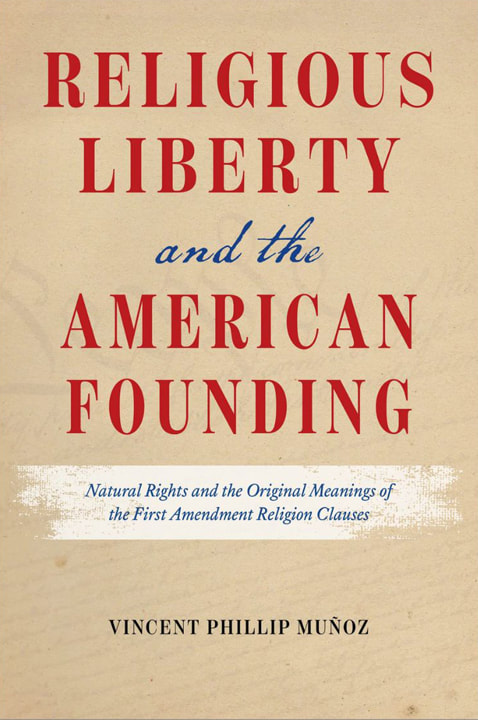

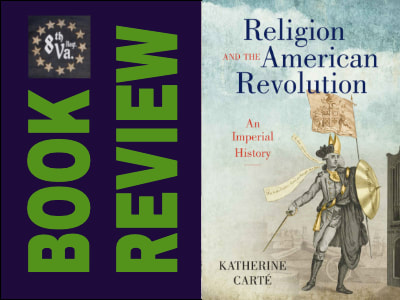
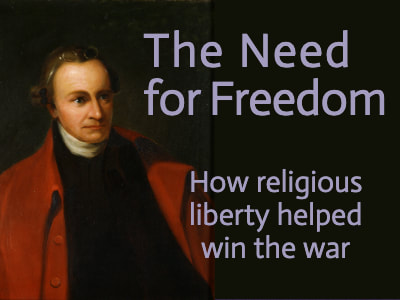
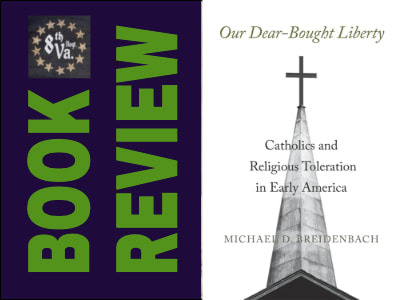
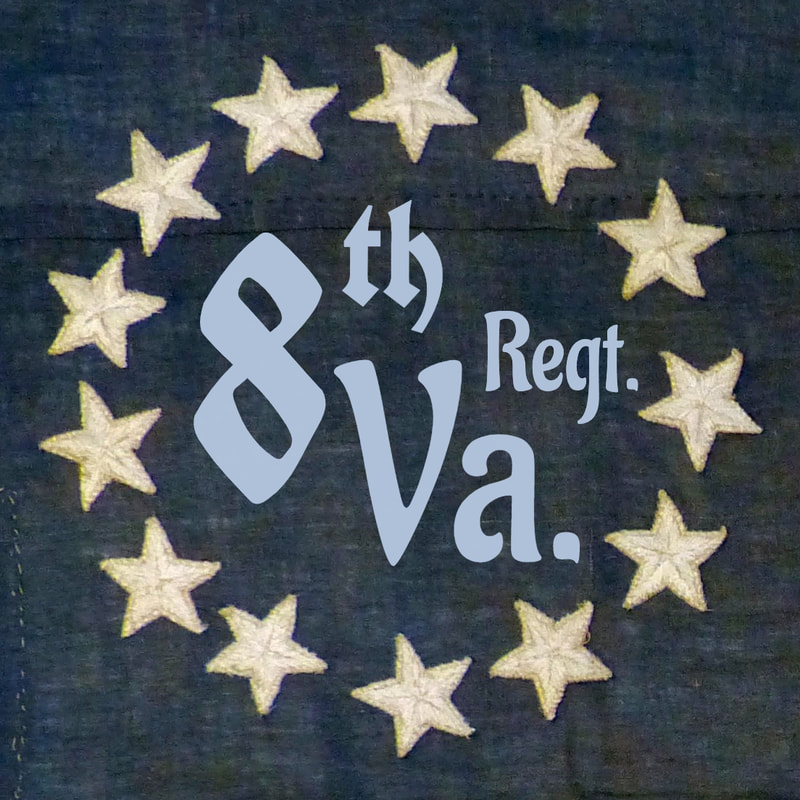
 RSS Feed
RSS Feed